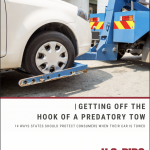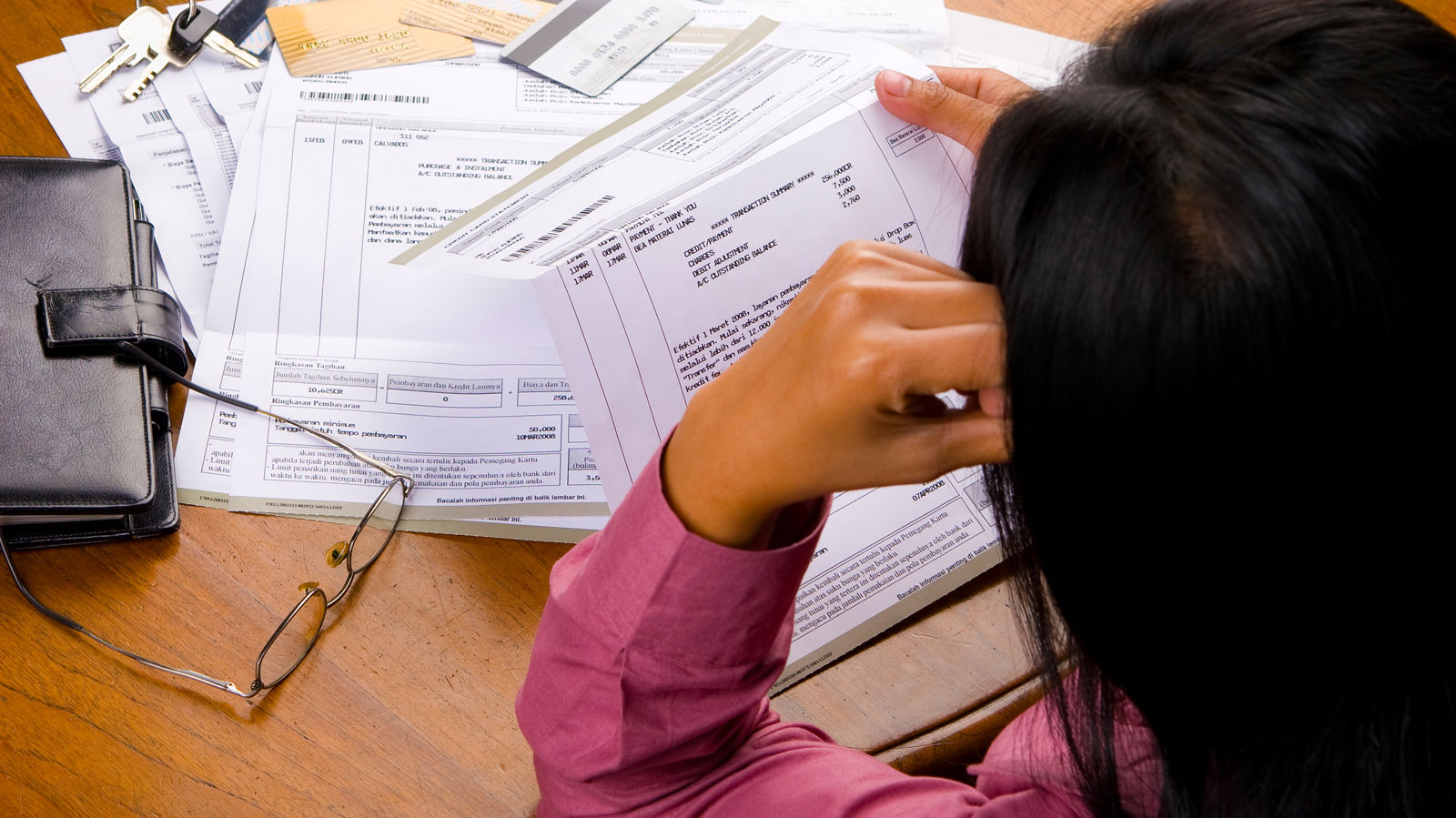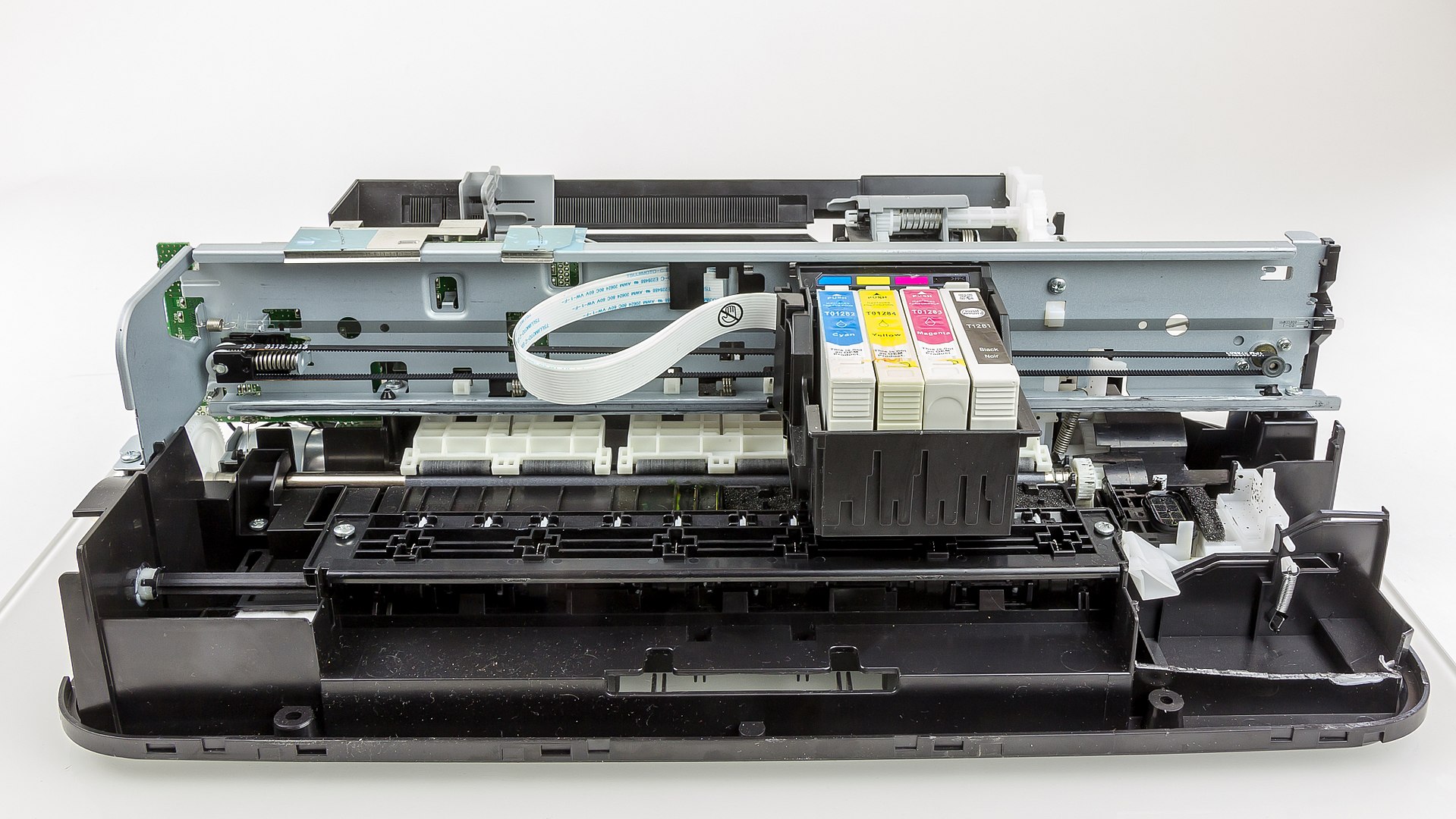
Getting off the Hook of a Predatory Tow
Fourteen ways states should protect consumers when their car is towed
U.S. PIRG Education Fund identified 14 common-sense towing protections that should be available to consumers in every state, and researched which states offer those safeguards. These protections range from who is responsible for damages caused by careless towing to whether you are guaranteed the option to pay by credit card.
U.S. PIRG Education Fund

Every year, millions of Americans have their cars towed.
In some cases, the vehicle was parked improperly, the driver tracks it down and pays the bill without incident. Other times, the vehicle owner may face an array of unfair circumstances. Predatory practices following an initial tow can range from charging exorbitant fees to refusing the owner access to the personal items in their car during business hours. In still other cases, the driver’s vehicle wasn’t really parked improperly and was towed illegally.
Under the best circumstances, getting towed is an ordeal, even when justified. For many drivers, however, the situation is compounded because consumer towing protections in most states are weak, nebulous or non-existent.
U.S. PIRG Education Fund identified 14 common-sense towing protections that should be available to consumers in every state, and researched which states offer those safeguards. These protections range from who is responsible for damages caused by careless towing to whether you are guaranteed the option to pay by credit card.
Topics
Authors
Kelsey Lamp
Director, Protect Our Oceans Campaign, Environment America Research & Policy Center
Kelsey directs Environment America's national campaigns to protect our oceans. Kelsey lives in Boston, where she enjoys cooking, reading and exploring the city.
Find Out More

How Mastercard sells its ‘gold mine’ of transaction data

Medical Bills: Everything you need to know about your rights

How printers keep us hooked on expensive ink

